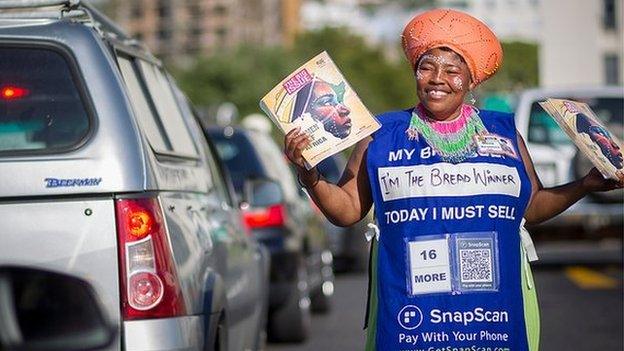Location services: How GPS delivery is changing shopping
- Published
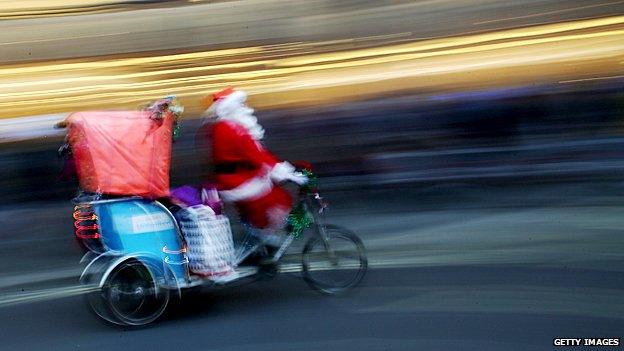
It is the world after taxi app Uber made your smartphone broadcasting your location seem normal.
In 2015, after you've paid for your Mocha Frappuccino on your mobile, Starbucks will experiment with bringing it straight to you.
Own a Volvo? Since February, Volvo On Call pilot Roam has let couriers leave parcels and groceries in the boot of your car.
And in parts of the US, crowdsourced couriers, location data and top secret algorithms seem to be taking the place of dispatchers with two-way radios.
We have seen the future, and it is wearing a GPS device.
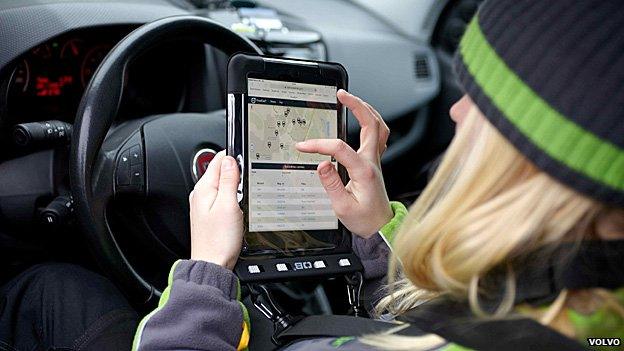
Volvo's Roam service means couriers can find your car wherever you've parked it
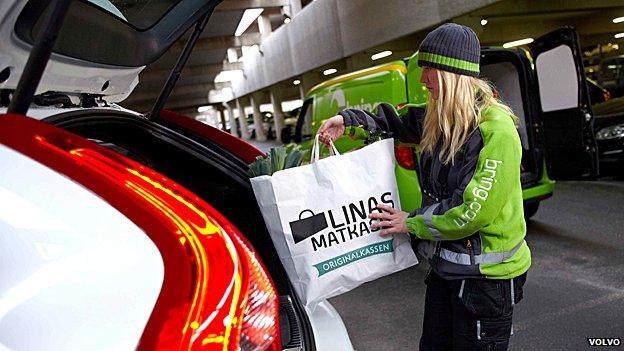
Your online shopping order can then be left in your boot - while you're doing something more interesting instead
Brring brring
Same-day delivery firms Urbanfetch, which halted operations in 2000, and Webvan and Kozmo.com - both ceasing trading in 2001 - were prominent names in the dotcom bubble which burst in 2001.
Kozmo was particularly memorable for not charging delivery fees, although its overheads included large warehouses full of inventory.
What is different today?
For one, purchasing on mobile devices is growing by 50% annually, compared with the rest of the e-commerce sector at 10%.
It is transforming the way we shop. And mobiles can increasingly be used in delivery as well as purchase.
For four years, Jaron Waldman headed Apple's Geo team, leading projects on location services, local search, user positioning, and geo-coding.
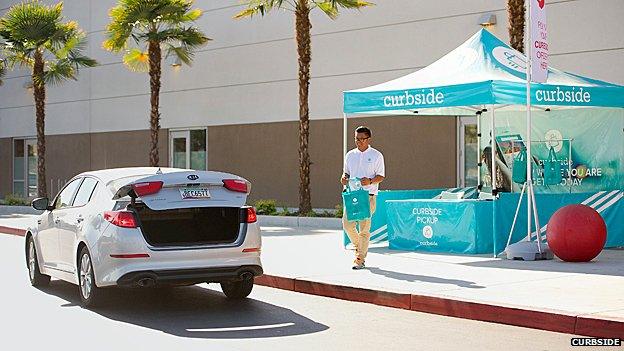
Curbside lets people take delivery after pulling alongside the kerb of the road. Or, the curb if you're American
He left to co-found his own start-up, Curbside.
"In a sense, we felt those same-day delivery services are fighting the last war a little bit, trying to get the goods to your house, where what's important is instant," says Mr Waldman.
When customers purchase a product and come to collect it, Curbside uses their background location to alert store staff they are on their way.
"As you come up, they greet you by name, put it in your backseat, 15 seconds, a really delightful experience," he says.
There were two problems he had to solve.

Curbside's Jaron Waldman
One was getting to the point Curbside could reliably notify shops that someone was nearby to pick up an order, without draining the customer's battery.
The second was accurately representing inventory. Store inventory systems are not always perfect, and a shopper might have items in a trolley, while the database believes it is on the shelf.
Mr Waldman says he is walking in the footsteps of earlier attempts such as Milo, acquired by eBay in December 2010 for $75m (£48m; €61m).
Since then, retailers have put more inventory records online, customers have moved towards mobile purchasing, and mobile devices now need less battery to share a shopper's location.
The company plans to experiment in different test markets in San Francisco, which with its proximity to Silicon Valley, has an unusual concentration of early adopters and marketplace noise, says Mr Waldman.
Going postal
Bastian Lehmann moved to Silicon Valley from London to begin Postmates, a GPS delivery service he describes as an "anti-Amazon system".
"Amazon comes along and builds a warehouse outside a city," he says.
"We like to say the city's our warehouse. We try to understand the inventory available, hacking the city, and having a fleet of delivery people that distribute these inventories."
The company's delivery people operate on bicycles, motorcycles, and in cars, and its fleet has become the largest on-demand delivery service in the US. Postmates does more than 25,000 deliveries a week, covering 17 cities.
It costs from $5 to $12 (£3.18-£7.64, €4.06-€9.75) depending on the distance, with additional charges during peak times.
Mr Lehmann had the idea for Postmates in 2005, but, like Mr Waldman, says boom in smartphones "made all of this possible".
Postmates is now principally constrained by its number of couriers, rather than customers, says Mr Lehmann.

Postmates can pick up dinner from your favourite restaurant and deliver it to your home
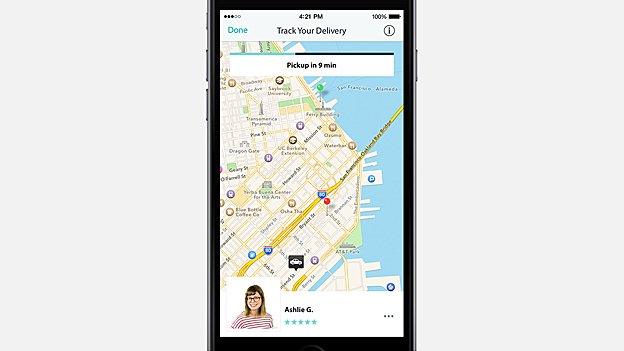
You can track your delivery as it moves closer on your smartphone
"Getting my laundry done was quite easy in Latin America, but in America I had trouble," quips Jordan Metzner, founder and chief executive of Washio.
He had spent five years building a chain of burrito restaurants in Latin America.
Spurred by his own need for clean clothes, and intrigued by the success of Uber, Mr Metzner began developing an on-demand service for laundry and dry cleaning. It went live in March 2013 and now operates in six US cities.
Users select 30-minute slots for their clothes to be picked up and returned, and there is a one-day turnaround.
Like the other entrepreneurs, Mr Metzner says that without smartphones his company would not be possible.
"We've built our own algorithm, allowing drivers - we call them ninjas - to be routed and re-routed," he says.
"If one was to be delayed or not be able to find parking, his future orders would then be re-routed to other drivers, and orders would be re-fed back to him as soon as he was back on track."
Mr Metzner says the company's trade has grown by a factor of eleven in the year leading up to October.
In general, he believes, on-demand commerce represents "a massive opportunity and a market that has never been available till now".
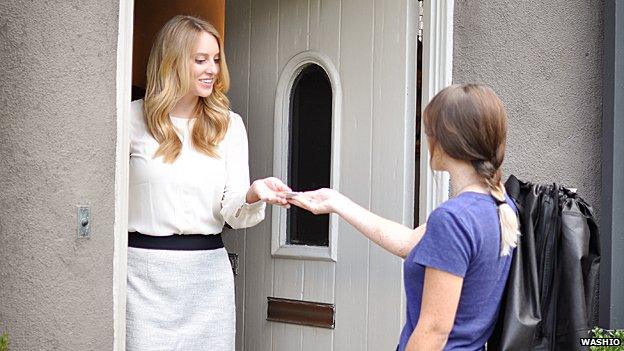
To posh to wash? Washio will have your smalls picked up, washed, and returned to your door
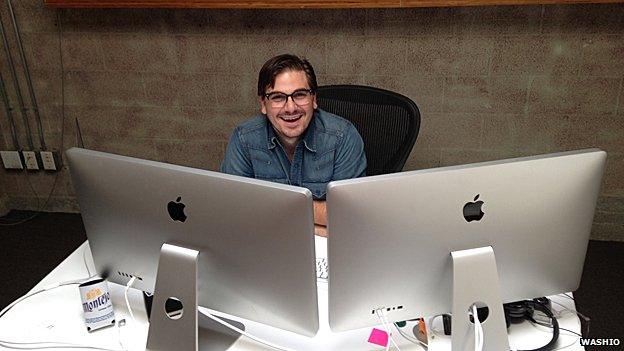
Washio's Jordan Metzner
A decade of delivery
Much of the innovation has taken place in Silicon Valley.
But in the UK, the Samwer brothers' firm Rocket Internet - specialising in cloning successful US models for other markets - launched the EatFirst food delivery app for the City of London in August, followed in November by a laundry app for central London, ZipJet.
"Most people consider it an honour when they rip off your business," says Washio's Jordan Metzner.
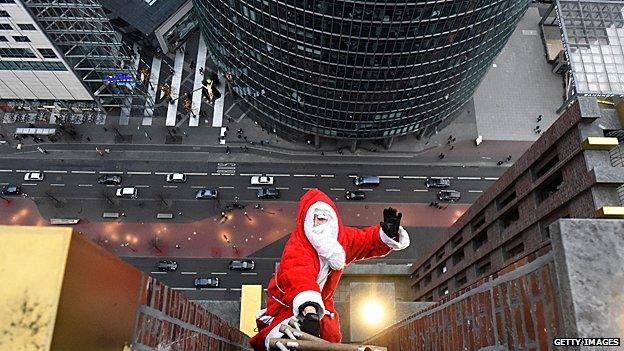
GPS tracking technology means you've got a better chance of finding the right chimney - without being left high and dry
GPS-driven courier delivery service Shutl has operated in the UK since 2010, and was bought by eBay last year.
Its first employee, Guy Westlake, recently left to launch a network of home-based delivery launderers, called Lavanda, currently operating in Islington.
Fifteen years after Kozmo, smartphones have made all the difference.
Rare outside Japan before the 2004-6 spread of the Blackberry and the 2007 launch of the iPhone, 58% of US adults now own one, and the number is higher in Britain, at 72%.
Fifteen years ago, in the dot-com boom, instant-courier services promised much. But now, with smartphones increasingly in every pocket, it seems GPS delivers.
- Published2 December 2014

- Published18 December 2014
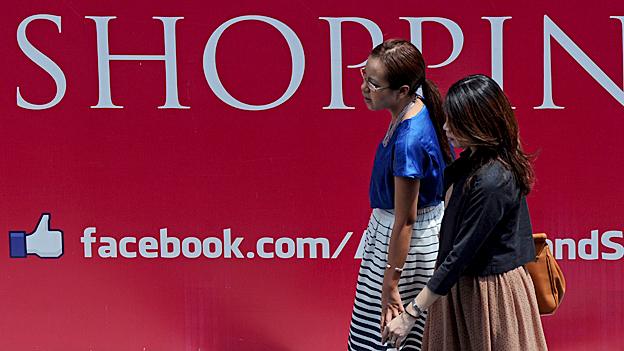
- Published16 December 2014
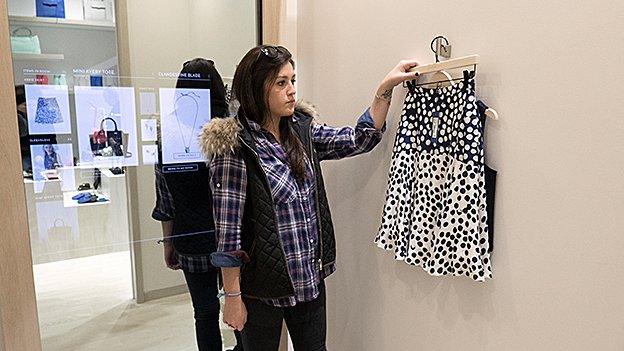
- Published12 December 2014
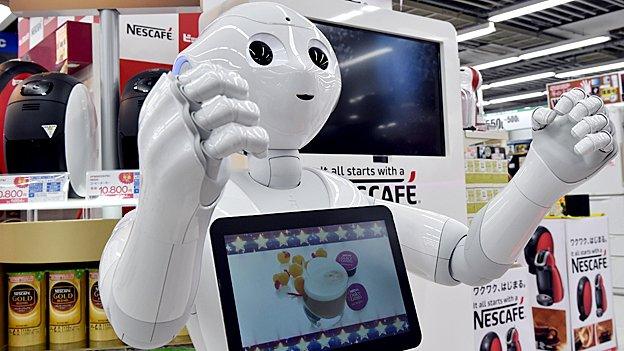
- Published9 December 2014
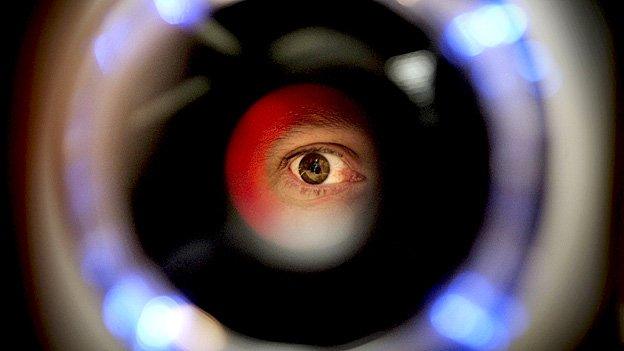
- Published5 December 2014
